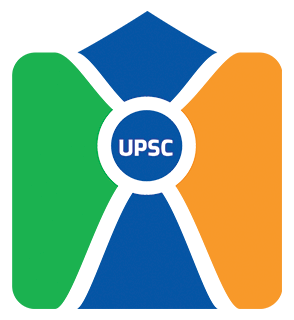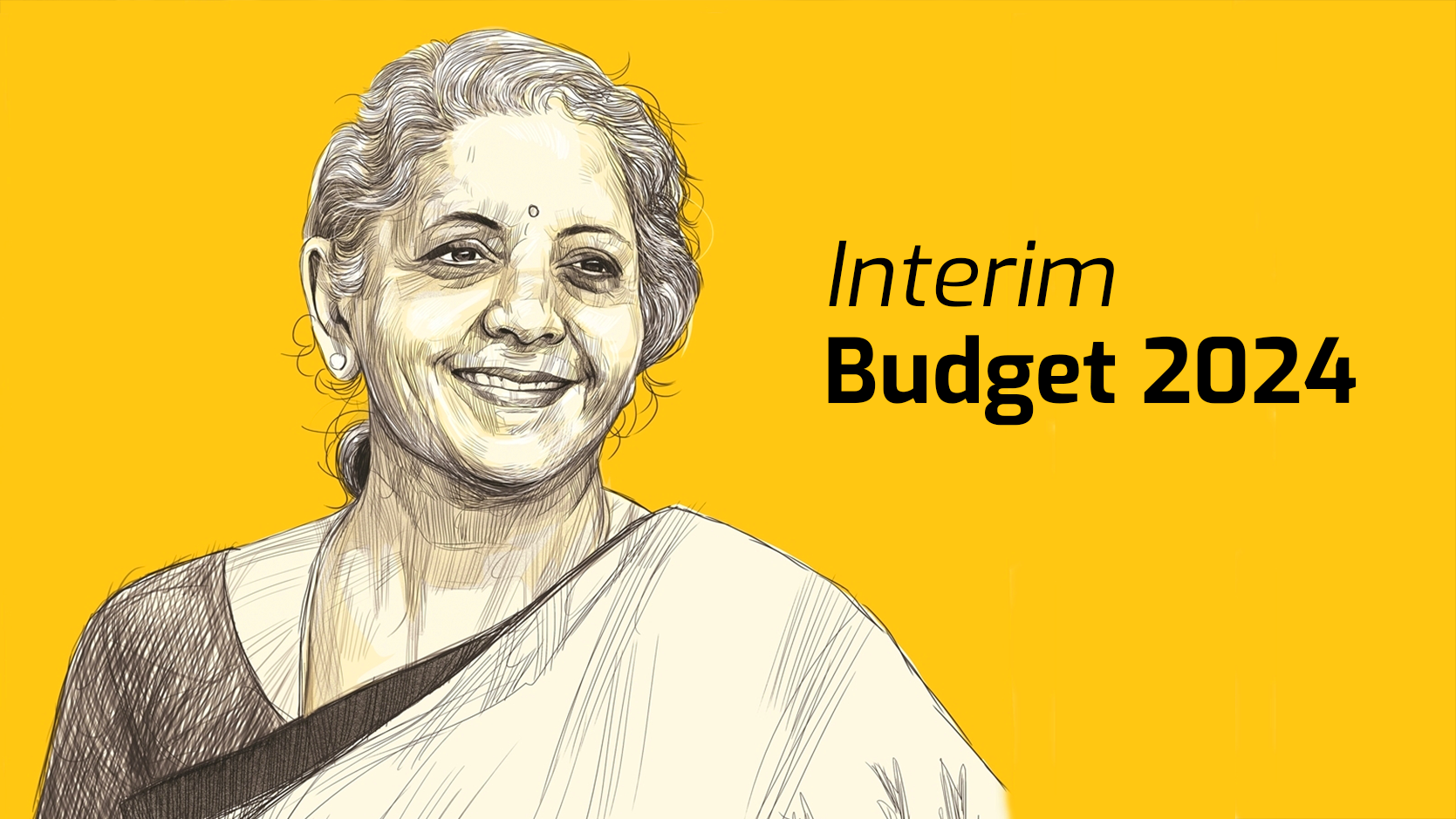UPSC Bengali Literature Syllabus: The UPSC Civil Services Exam has three stages: Prelims, Mains, and Interview. In the Mains exam, candidates must choose one optional subject, which greatly impacts their ranking in the IAS Exam. Recent trends show an increasing success rate for Literature subjects.
The UPSC Bengali Literature syllabus as an optional subject in the Mains exam, covers a wide range of Bengali literary works from different periods. It includes ancient, medieval, and modern Bengali literature, featuring poetry, prose, drama, and literary criticism. This helps candidates gain a thorough understanding of the rich literary history and culture of the Bengali language, which can be important for their success in the exam.
UPSC Bengali Literature Syllabus Overview
Candidates who have studied Bengali in school or college or who speak Bengali as their mother tongue are encouraged to choose this subject. The exam requires writing in the Bengali script. The UPSC Mains exam has two Bengali Literature papers, Paper-I and Paper-II, each carrying 250 marks, totaling 500 marks.
| Aspect | Details |
| Conducting Body | Union Public Service Commission (UPSC) |
| Mode of Exam | Paper-pen (offline) based |
| Name of Exam | Bengali Literature |
| Papers | Paper I & II |
| Total Marks | 250 marks for each paper (500 marks in total) |
| Exam Duration | 3 hours for each paper |
| Language of Question Paper | English and Hindi |
| Official Website | upsc.gov.in |
UPSC Bengali Literature Syllabus
The UPSC Bengali Literature syllabus provides a thorough exploration of Bengal’s literary evolution, from ancient to modern times. It covers major literary movements, renowned authors, and significant works. The syllabus also highlights the influential Bengal Renaissance period, featuring prominent figures such as Bankim Chandra Chattopadhyay and Michael Madhusudan Dutt. This curriculum equips aspirants with insights into the development of Bengali literature and its profound cultural and social impact. The Bengali Literature syllabus is divided into two papers:
| Paper | Content |
| Paper I | Covers ancient and medieval Bengali literature, including texts like the Charyapada and Vaishnava Padavali. |
| Paper II | Focuses on modern Bengali literature, including the Bengal Renaissance and works of prominent authors. |
UPSC Bengali Literature Syllabus Paper 1
Section A: Topics from the History of Bangla Language
| Topic | Details |
| Chronological Track from Proto Indo-European to Bangla | Family tree with branches and approximate dates. |
| Historical Stages of Bangla | Old, Middle, New, and their linguistic features. |
| Dialects of Bangla | Distinguishing characteristics of different dialects. |
| Elements of Bangla Vocabulary | |
| Forms of Bangla Literary Prose | Sadhu and Chalit. |
| Processes of Language Change Relevant for Bangla | Apinihiti (Anaptyxis), Abhishruti (Umlaut), Murdhanyibhavan (Cerebralization), Nasikyibhavan (Nasalization), Samibhavan (Assimilation), Sadrishya (Analogy), Svaragama (Vowel Insertion): Adi Svaragama, Madhya Svaragama or Svarabhakti, Antya Svaragama, Svarasangati (Vowel Harmony), Y-Shruti and W-Shruti. |
| Problems of Standardization and Reform | Alphabet and spelling reform, transliteration, and Romanization issues. |
| Phonology, Morphology, and Syntax of Modern Bangla | Sounds of Modern Bangla, Conjuncts; Word formations, compounds; Basic sentence patterns. |
Section B: Topics from the History of Bangla Literature
| Topic | Details |
| Periodization of Bangla Literature | Old Bangla and Middle Bangla. |
| Differences Between Modern and Pre-modern Bangla Literature | |
| Roots and Reasons Behind the Emergence of Modernity in Bangla Literature | |
| Evolution of Various Middle Bangla Forms | Mangal Kavyas, Vaishnava lyrics, Adapted narratives (Ramayana, Mahabharata, Bhagavata) and religious biographies. |
| Secular Forms in Middle Bangla Literature | |
| Narrative and Lyric Trends in Nineteenth Century Bangla Poetry | |
| Development of Prose | |
| Bangla Dramatic Literature | Nineteenth century, Tagore, Post-1944 Bangla drama. |
| Tagore and Post-Tagoreans | |
| Major Authors of Fiction | Bankim Chandra Chattopadhyay, Rabindranath Tagore, Sarat Chandra Chattopadhyay, Bibhutibhushan Bandopadhyay, Tarasankar Bandopadhyay, Manik Bandopadhyay. |
| Women in Bangla Literature | Contributions of female authors and the portrayal of women in literature. |
UPSC Bengali Literature Syllabus Paper 2
Section A
| Literary Work | Author |
| Vaishnava Padavali | Poems of Vidyapati, Chandidas, Jnanadas, Govindadas, and Balaramdas (Calcutta University). |
| Chandimangal Kalketu Episode | Mukunda (Sahitya Akademi) |
| Chaitanya Charitamrita, Madhya Lila | Krishnadas Kaviraj (Sahitya Akademi) |
| Meghnadbadh Kavya | Madhusudan Dutta |
| Kapalkundala | Bankimchandra Chatterjee |
| Samya and Bangadesher Krishak | Bankimchandra Chatterjee |
| Sonar Tari | Rabindranath Tagore |
| Chhinnapatravali | Rabindranath Tagore |
Section B
| Literary Work | Author |
| Raktakarabi | Rabindranath Tagore |
| Nabajatak | Rabindranath Tagore |
| Grihadaha | Saratchandra Chatterjee |
| Prabandha Samgraha, Vol. 1 | Pramatha Choudhuri |
| Aranyak | Bibhutibhusan Banerjee |
| Short Stories by Manik Bandyopadhyay | Atashi Mami, Pragaitihasik, Holud-Pora, Sarisrip, Haraner Natjamai, Chhoto-Bokulpurer Jatri, Kustharogir Bou, Jakey Ghush Ditey Hoy |
| Shrestha Kavita | Jibanananda Das |
| Jagori | Satinath Bhaduri |
| Ebam Indrajit | Badal Sircar |
List Of Books for UPSC Bengali Literature Optional
Here is the complete list of books recommended for UPSC Bengali Literature Optional, categorized for Paper 1 and Paper 2:
Paper 1: Bengali Language
| Book Title | Author |
| Bangla Sahityer Sankshipta Itihas | Bhudeb Chaudhuri |
| The Bengalis: A Portrait of a Community | Sudeep Chakravarti |
| The Epic City: The World on the Streets of Calcutta | Kushanava Choudhuri |
| Bengali Prose Style: 1800-1857 | Dinesh Chandra Sen |
| Types of Early Bengali Prose | Mitra |
| The Oxford India Anthology of Bengali Literature | Kalpana Bardhan (Editor) |
| Bangla Natoker Itihas | Ajit Kumar Ghosh |
Paper 2: Literary Works
| Book Title | Author |
| Bangla Nataker Itihash | Ajit Kumar Ghosh |
| The Oxford India Anthology of Bengali Literature (1941-1991) | Kalpana Bardhan (Editor) |
| Rabindra Rachanavali | Rabindranath Tagore |
| Bankim Rachana Sankalan | Bankim Chandra Chattopadhyay |
| Sarat Rachanasamgra | Sarat Chandra Chattopadhyay |
Advantages and Disadvantages Of UPSC Bengali Optional
Here is the advantages and disadvantages of choosing UPSC Bengali Literature as an optional subject:
| Advantages | Disadvantages |
| Lower Competition: Compared to other optional subjects, Bengali Literature attracts fewer candidates. This can be beneficial for aspirants who are confident in their understanding of the subject and analysis of Bengali literature. | Subjectivity: Evaluation of answers in Bengali literature can be subjective. Your interpretation of the text might differ from the examiner’s, potentially affecting your score. |
| Rich Content: Bengali literature boasts a long and rich history with diverse genres and influential figures. Studying it can provide a deeper understanding of Bengali culture and society. | Limited Resources: Compared to mainstream optional subjects, there might be fewer coaching institutes and readily available study materials for Bengali Literature. |
| Essay Writing and Interview Skills: Extensive reading and analysis of Bengali literature can enhance your essay writing and analytical skills, which are valuable assets for other parts of the UPSC exam. | No Overlap with GS Papers: The subject offers minimal overlap with General Studies papers in the UPSC exam, requiring dedicated preparation time. |
| Static Syllabus: The syllabus for Bengali Literature generally undergoes minimal changes, so your preparation remains relevant for multiple attempts. |
How to Prepare for Bengali Literature Optional?
Preparing for the Bengali Literature Optional in the UPSC exam requires a structured approach and dedication. Here’s a step-by-step guide to help you prepare effectively:
- Understand the Syllabus: Familiarize yourself with the UPSC Bengali Literature syllabus. Understand the topics and sub-topics you need to cover for both Paper 1 and Paper 2.
- Create a Study Plan: Develop a study timetable that allocates specific time slots for each topic or sub-topic. Ensure a balance between studying different aspects of Bengali literature, including language, literary criticism, and specific literary works.
- Regular Practice in Answer Writing: Dedicate time every day to practice writing answers to potential exam questions. Focus on writing in Bengali and maintaining clarity, coherence, and conciseness in your answers.
- Read Original Texts: Read Bengali literary works in their original language to understand the nuances of the language and writing style. This will also help you gain insights into the cultural and historical contexts of the texts.
- Stay Relevant: Ensure that your answers directly address the question asked. Avoid unnecessary elaboration or diversion from the topic. Use examples and references from Bengali literature to support your arguments.
- Compare Different Literatures: Draw comparisons between Bengali literature and works from other languages or cultures. This comparative analysis adds depth to your answers and demonstrates a broader understanding of literary themes and techniques.
- Develop Analytical Thinking: Practice critical analysis of literary texts and develop the ability to interpret and evaluate them from different perspectives. This analytical approach will help you craft well-rounded and insightful answers.
- Solve Previous Year Questions: Practice solving previous year UPSC Bengali Literature question papers to familiarize yourself with the exam pattern, question types, and time management. Analyze your performance and identify areas for improvement.
By following these steps and maintaining consistency in your preparation, you can enhance your chances of scoring well in the UPSC Bengali Literature Optional exam.
Array




